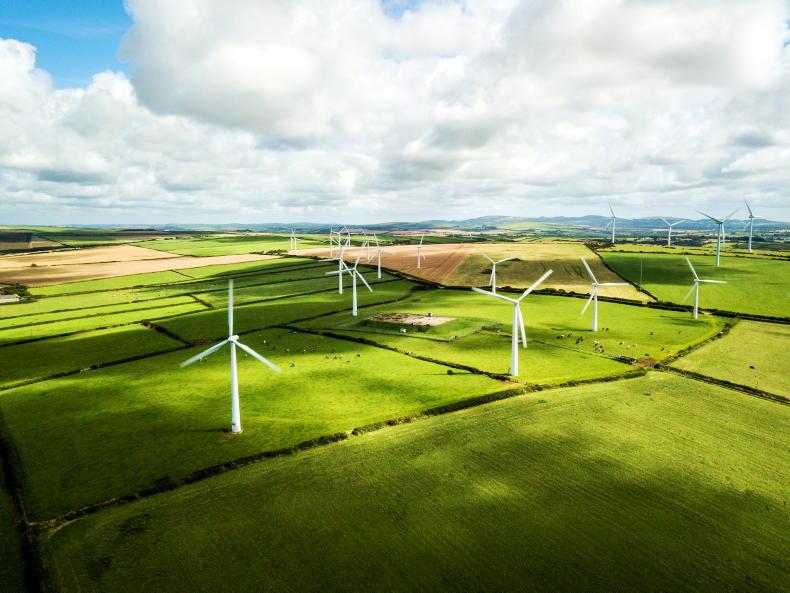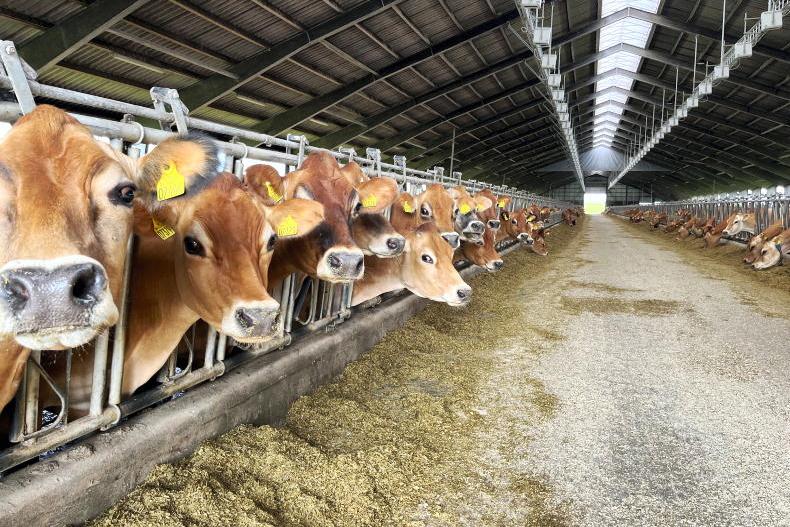In an interview with the Daily Telegraph last weekend, Britain’s environment minister George Eustice, whose brief covers agriculture, suggested that a carbon tax might be introduced for meat and dairy products.
Himself a livestock farmer in Cornwall, Eustice drew prompt disagreement from some cabinet colleagues and there is no policy to impose unilateral taxes in the UK.
But Eustice’s comments are intriguing.
The immediate motivation from the standpoint of British agriculture is clear: post-Brexit, there is a threat of cheaper import competition, for example from Brazilian beef or New Zealand lamb.
Border taxes
Indeed, cheaper food was trumpeted by some Brexiteers as one of the benefits of quitting the EU and the recent deal with New Zealand has further alarmed the lamb trade.
The European Union has itself been considering border taxes, especially on manufactured items from countries such as China, where climate policies impose fewer costs than in Europe.
When the decisions were taken in the 1990s to build climate policy around country-by-country emissions targets, the seeds of failure were sown. A target is nothing without a policy. The 1997 Kyoto agreement had no dampening effect on worldwide emissions nor have any of its successors.
The source of failure is the reliance on territorial emissions targets
The instinct of COP 26 in Glasgow is to replace the 20°C warming target adopted in Paris five years ago with an even more ambitious target of 1.5°C. Having failed, you do not seek out the sources of failure, you simply adopt a more difficult target.
The source of failure is the reliance on territorial emissions targets. The alternative, and a viable option 30 years ago, was to strike a minimum price for greenhouse gas (GHG) emissions and to increase it steadily, throughout the world, with perhaps a gentler gradient for developing countries.
The carbon tax (applied to methane and other GHGs as well) would have operated on world consumption of goods and services embodying high emissions, encouraging low-emission technologies. The carbon tax approach would also have avoided the geographical distortion of international trade, what policy experts call “carbon leakage”.
Carbon leakage
Carbon leakage works like this. If a quantitative ceiling is placed on output (think dairy products in Ireland) but nothing is done to contain worldwide demand, the lost output will be displaced to some other location, where it would have been undertaken in the first place had that been the most efficient solution.
There are dairy herds in the United Arab Emirates munching subsidised fodder brought in on subsidised ships.
It is possible to graze cows on the scorched plains of Andalusia, but no sane person would choose to distribute agricultural production in this manner.
No sane person would set output targets by sector and by country at all. There is no need if adequate signals are transmitted to consumers which diminish demand for the most carbon-intensive products and services.
The recent report of the Climate Council makes no mention of carbon leakage, although it is clearly a concern of both the European Commission and of the UK’s agriculture minister.
The national emissions targets will be followed soon by sector targets. Actual policy measures, whenever they emerge, are to be judged by their effectiveness in delivering these sector targets.
Carbon leakage
In the presence of carbon leakage through international trade, it would make better sense to measure the impact of policy measures by reference to their impact on worldwide, not national, or sectoral, emissions.
This decision of the Climate Council to ignore the reality of farm exports is remarkable. They appear to have accepted the EU emissions limits allocated to Ireland without questioning the policy architecture, in place for 30 wasted years and at the heart of the failure at Paris and the likely failure at Glasgow to agree a coherent worldwide climate policy.
In this, they mirror the approach of the mainstream media and of the political parties in Ireland.
They have granted biblical authority to these numbers as did the faithful to Moses, descending from Sinai with the Decalogue on tablets of stone.
Rare agreement
It is rare for economists to agree about policy but significant that these territorial emissions targets are an exception.
Every authoritative voice, including Yale University’s 2018 Nobel Prize winner Bill Nordhaus, has condemned policies which fail to put a price on carbon at the consumption end.
One exasperated British economist remarked that, if the current policy architecture worked, the Soviet Union would have been a success.
There is no alternative for any EU member other than to comply with the emissions allocations for now. But compliance in Ireland will be divisive between sectors and the evidence from Glasgow is that the architecture has failed because it maximises division between states.
Irish ministers should campaign at EU level for policies which avoid these divisions, rely more on carbon taxes and promise to minimise the distortion of international trade.









SHARING OPTIONS